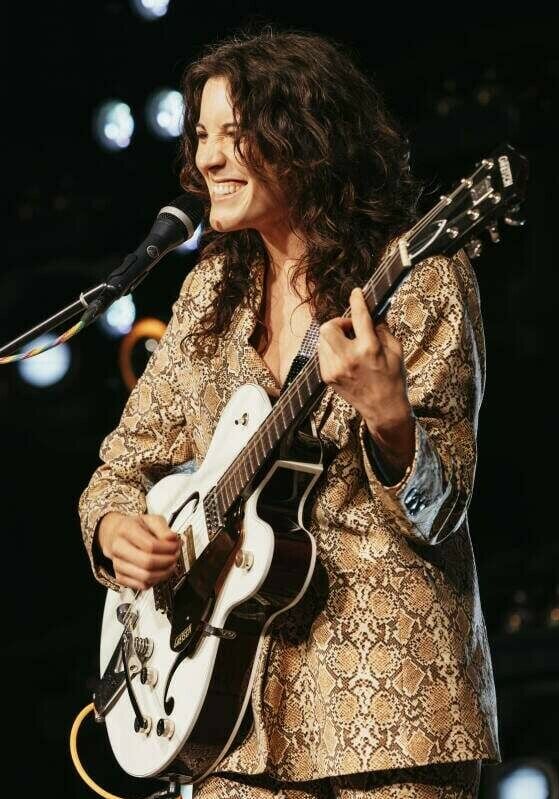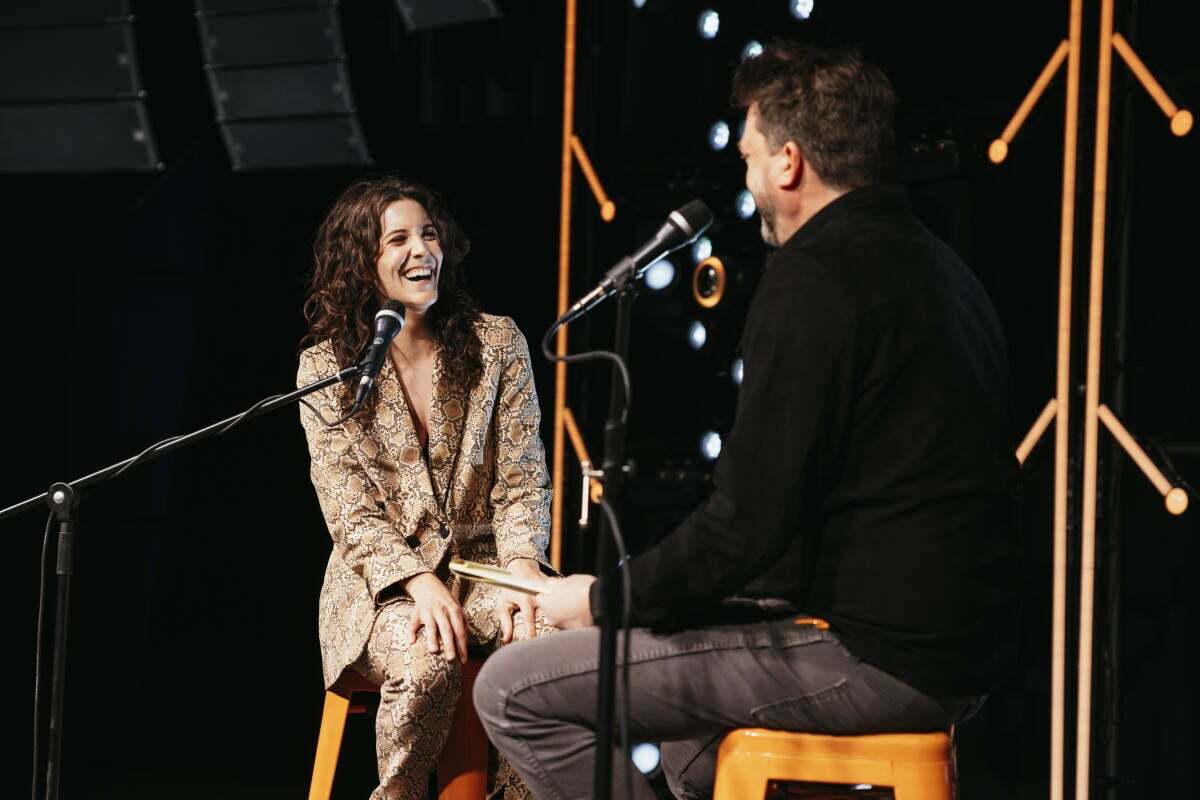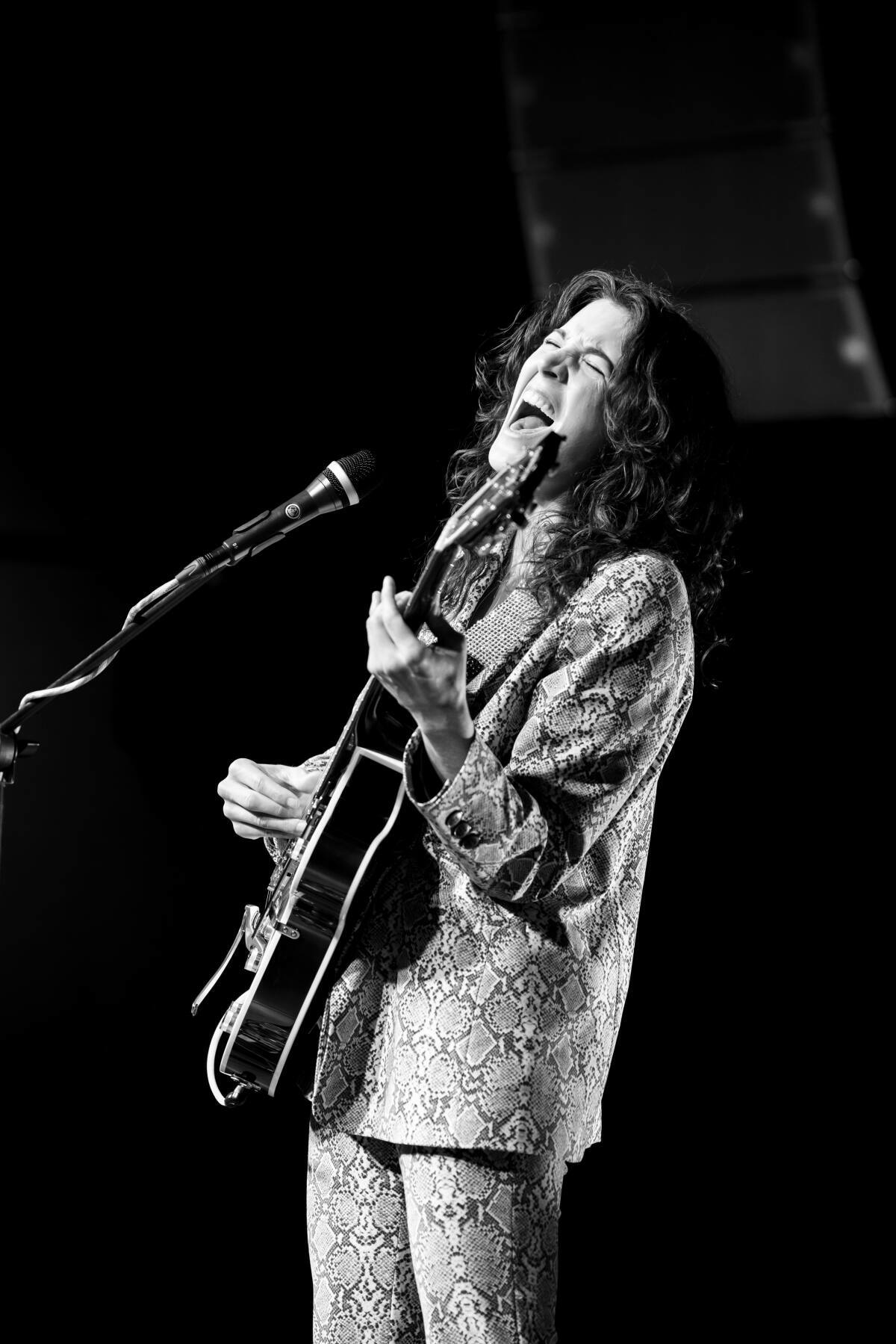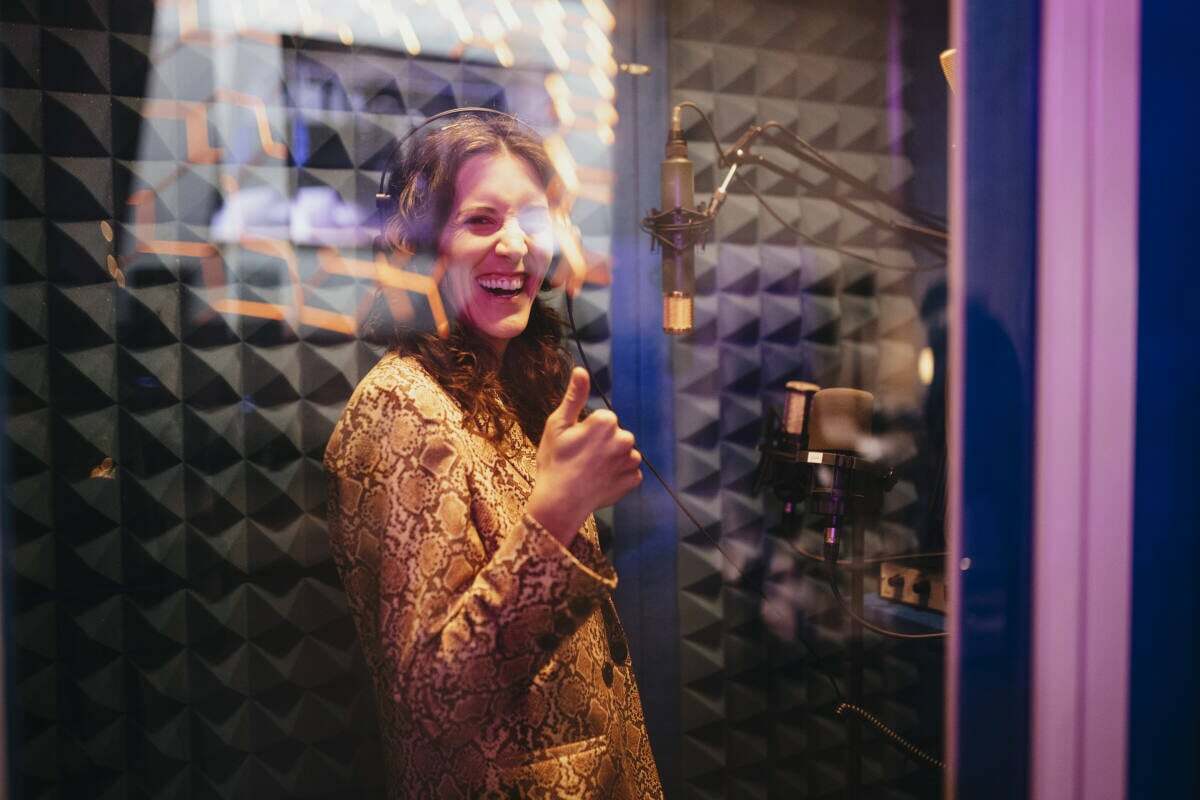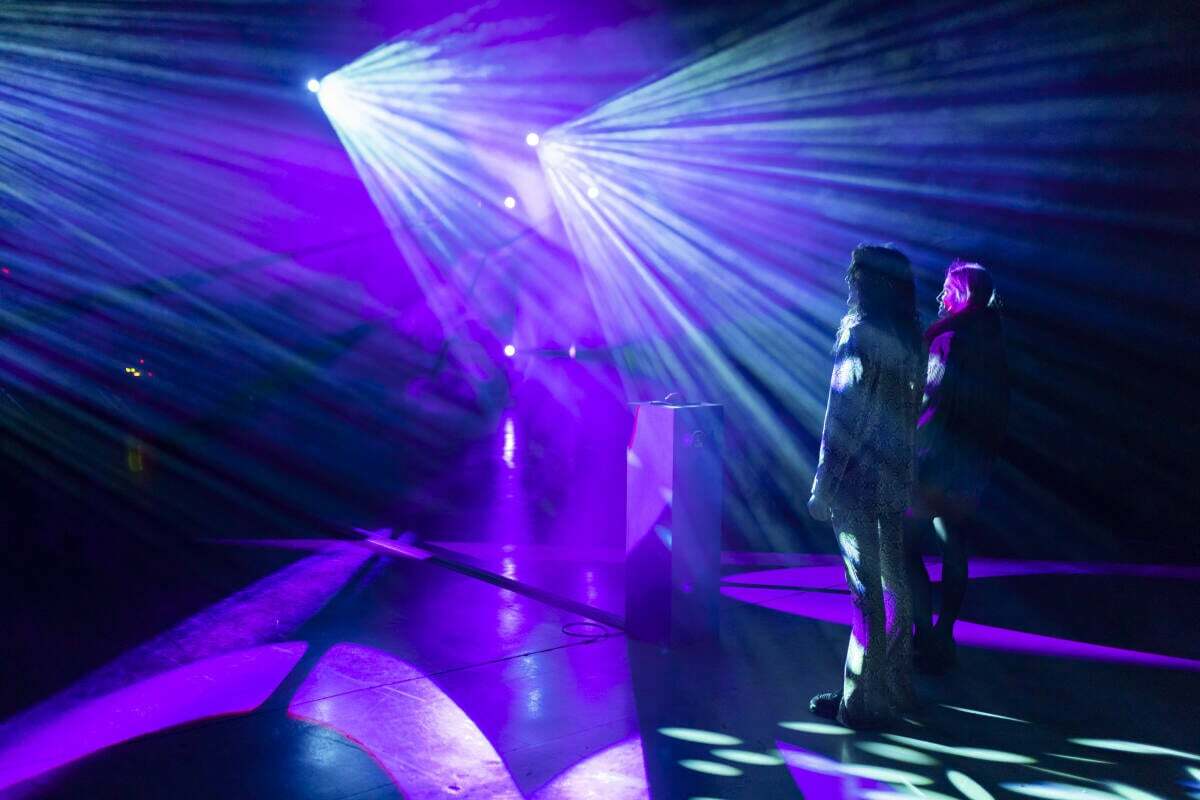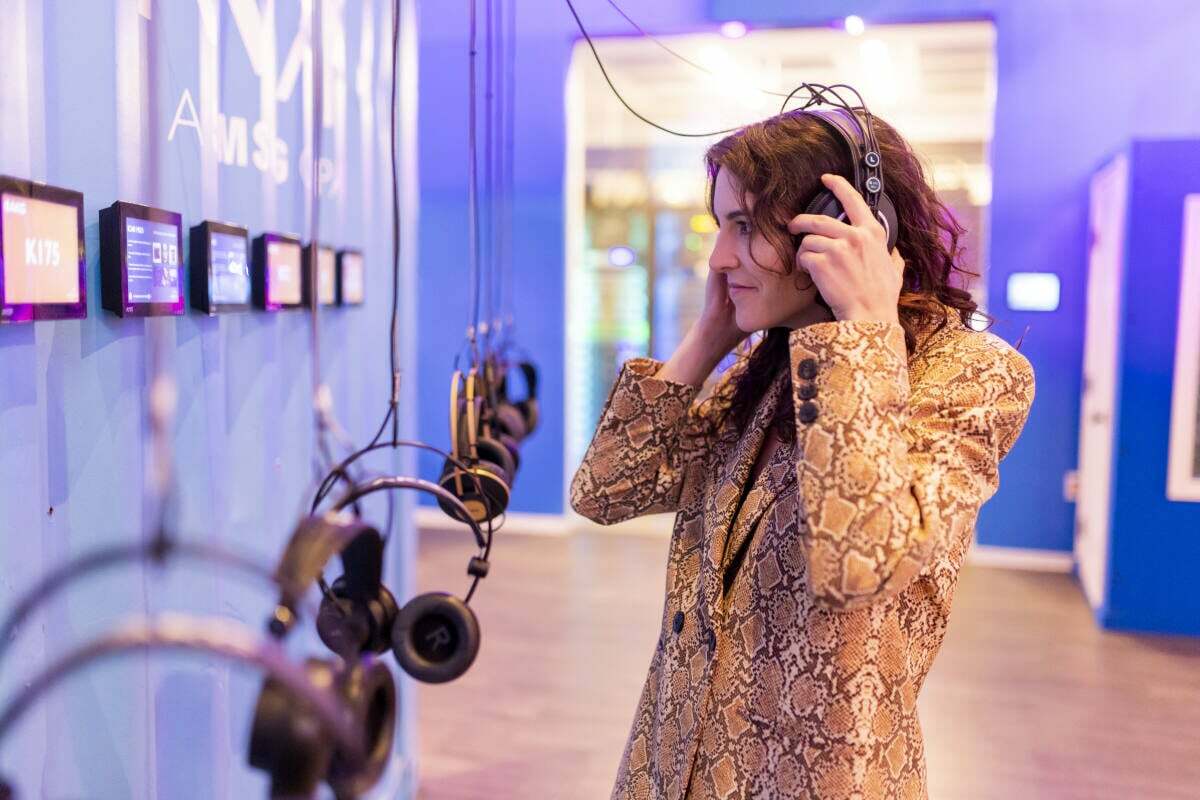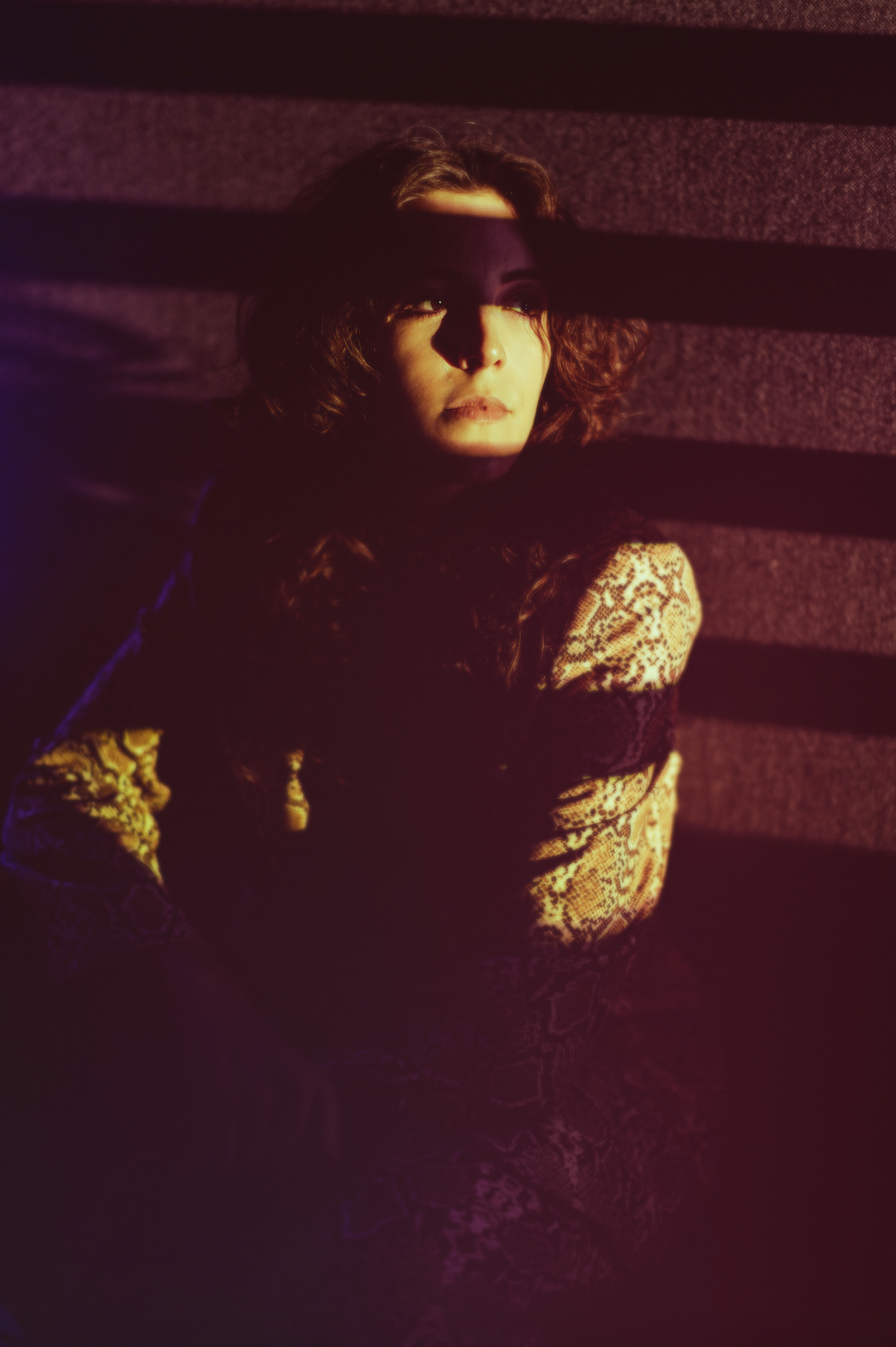In this Emerging Headliner interview powered by JBL, L.A-based producer and songwriter TOMI (real name Pam Autuori) explains why she’s a proud member of the LGBTQ+ community, reveals the musical influences that have shaped her sound, and teases what fans can expect from her new album, Late Bloomer, which will be released in 2023.
Writing music for the most of her life, New Yorker TOMI’s music is characterised by ferocious guitar and resounding vocals – an unfettered, urgent, and emotionally affecting sound that was forged from a ruthless determination to sing, play, and do things her own way, even in the face of life’s obstacles.
For TOMI, music has been a sanctuary since coming out as a lesbian at age 12, and she fights to protect the LGBTQ+ community through her music. Her latest single, Open Road is a song about coming out, facing the truest parts of your identity and sharing that vulnerability with others, and TOMI will be donating a % of revenue from the single to nonprofits supporting LGBTQ+ youth.
TOMI recently visited Harman’s L.A. experience centre to experience a full tour of the multi purpose space, and perform two of her tracks:
